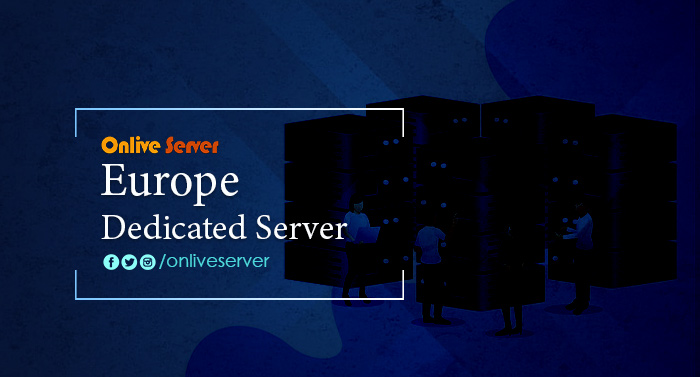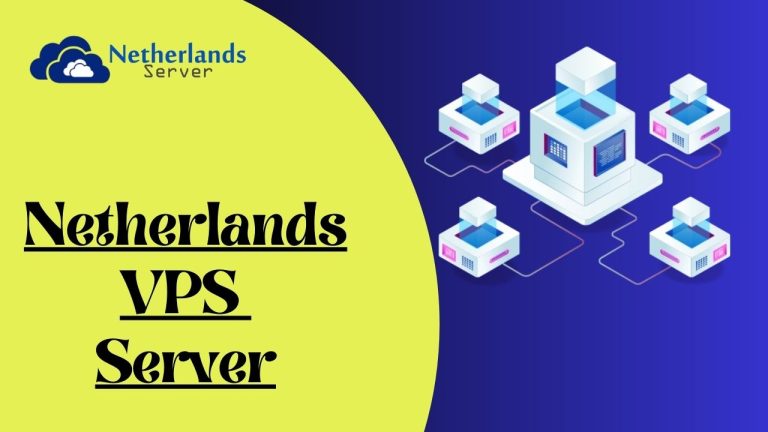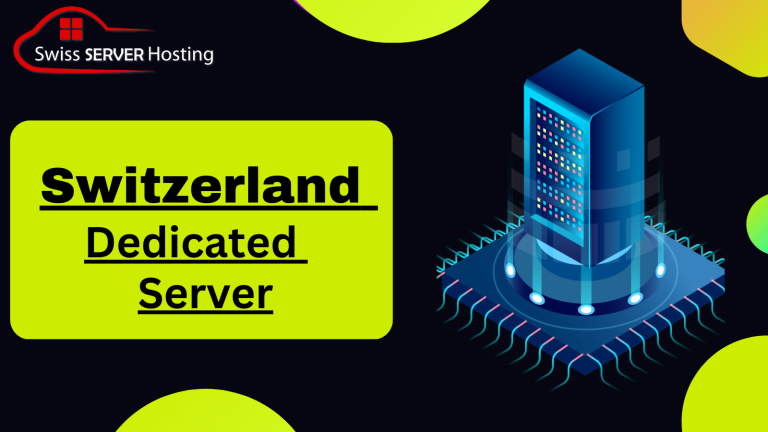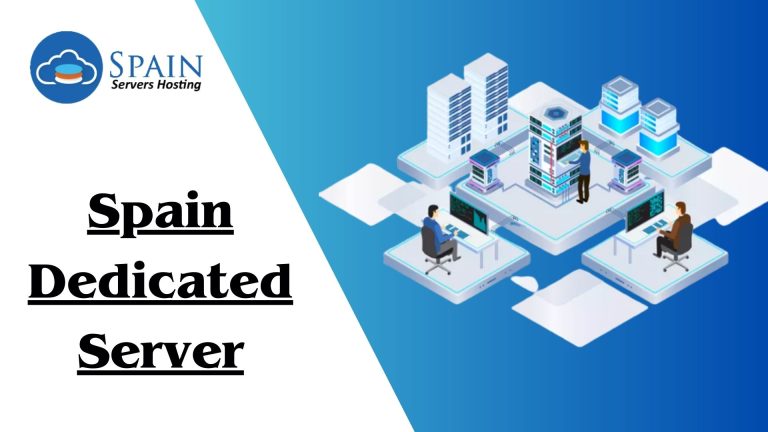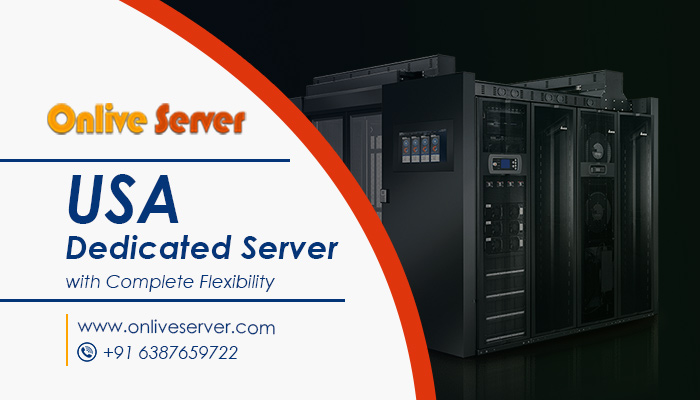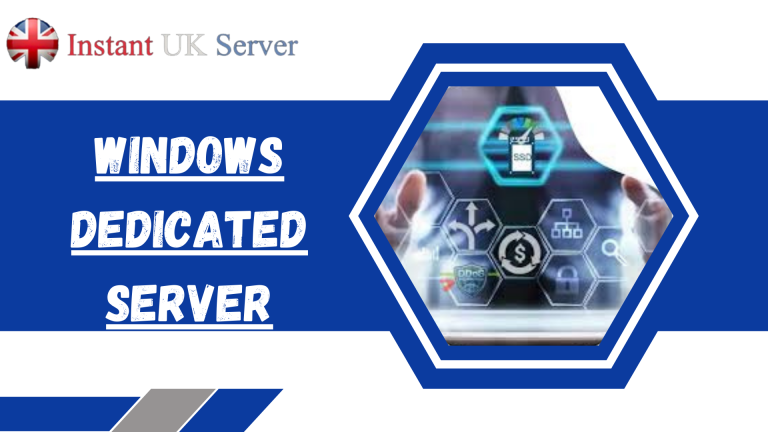Best tips when pick your Turkey Dedicated Server from Onlive Server
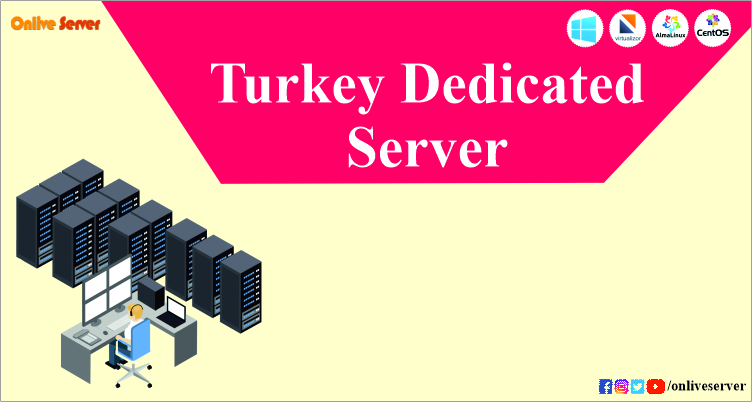
Introduction
When you’re choosing your Turkey dedicated server, it’s crucial to find one that will grow with your business over time. Make sure that your hardware provides the capabilities you need to make your application run smoothly. And don’t hesitate to ask questions about the specifications of the server itself. Or any additional services that might be offered. Beyond choosing the right hosting company, there are also several steps. You can take on your own to make sure that you get the most out of your Turkey dedicated server. Here are some tips to help you keep things running smoothly. As you develop and update your web application or service!
How to pick turkey dedicated server
If you’re just starting out with your business, you probably aren’t going to need much more than shared hosting. Onlive Server is where you rent space on a server and get allotted some bandwidth and storage. If your business gets bigger, however, you might need to upgrade—either by renting a dedicated server. Or even investing in a whole new data center. The most important thing when it comes to picking a server is making sure. It fits all your requirements and will work well for your website or application. You also want to make sure that it isn’t overcrowded with other sites. If everyone is given only so much space, there might not be enough room for yours to really perform at its best.
How much RAM should I get?
Having more RAM won’t necessarily make your server faster. But it will give you a lot more room to work with when running multiple programs and services. You can figure out how much you need by considering how many websites you want to host (and if any will be running multimedia applications). And how much traffic each site gets in a given month. A good rule of thumb is to add 2 GB for every website hosted on your server, plus an additional GB for everything else. If one site receives 5,000 hits per day, 4 sites get 2,500 hits per day and one site receives 10,000 hits per day—you’d recommend at least 6 GB RAM so that they all have enough resources.
What CPU should I get?
You can’t pick a bad CPU in 2022, but some are better than others. For example, Intel dominates with top-tier chips that offer excellent performance and power efficiency for your dollar. Picking an AMD chip instead will save you money and give you decent performance for your web apps. And choosing between Intel Skylake and Kaby Lake is almost a no-brainer: Get Skylake if you want great performance on a budget, or if you’re looking to build a powerful rig on a small budget. If it’s strictly about bang for your buck, Kaby Lake is your best bet, but there’s no denying that Skylake chips have more power under their hoods.
How many hard drives do I need?
This is one question you don’t want to answer incorrectly. There are a number of factors that will determine how many hard drives you need for your dedicated server, so we can give you some general guidance. If you have a massive amount of data (think backups or web hosting), you might want to go with something like four hard drives in RAID 10. However, if all you’re worried about is light traffic on your website and some basic file storage, two should be enough. With most providers providing free shipping on orders over $200, it wouldn’t hurt to add more just in case!
Which operating system do you want?
Before you buy your first Turkey dedicated server, make sure you understand which operating system it runs. While most providers offer options for both Windows and Linux systems, some have a more limited selection. If Windows is all you’re comfortable with, for example, it might be best to avoid providers that also have Linux offerings. On a similar note, if you’re expecting your web host to host multiple websites—or even multiple accounts on one website—be aware that your options will be much more limited with these types of shared hosting plans. For example, if your web host offers five databases per account and they allow 10 accounts per server (as is common), then each individual account will only be able to access one database.
Considerations when choosing storage options
If you’re buying a dedicated server, think carefully about storage. If you don’t need to store massive amounts of data or host large numbers of users. You can get away with cheaper hosting plans that may not include as much storage space. But if your needs are more demanding and you’re going to be using a lot of memory and CPU time. It’s essential to get high-quality hardware that can meet your needs. The same rule applies if you need to host many databases for MySQL or other applications. Some businesses opt for DDoS protection on their server so they don’t have to worry about malicious traffic from hackers hitting their sites. If that’s your plan, make sure your provider offers these extra protections; most do and can add it on before purchase.
Virtualization with VPS hosting
You’ll likely want to run some kind of virtualization platform on your server. Using a Cheap VPS Server, or virtual private server, you can spin up multiple isolated servers on a single physical box. This gives you an additional layer of flexibility and control. Since each server you create can be optimized for different purposes (development environments on one, hosting websites on another). It also allows you to scale your resources easily as traffic or storage needs grow. For example, if your marketing campaign takes off and spikes demand for processing power and storage space, with a VPS provider you only have to contact them—you don’t have to worry about paying extra costs for scaling hardware.

